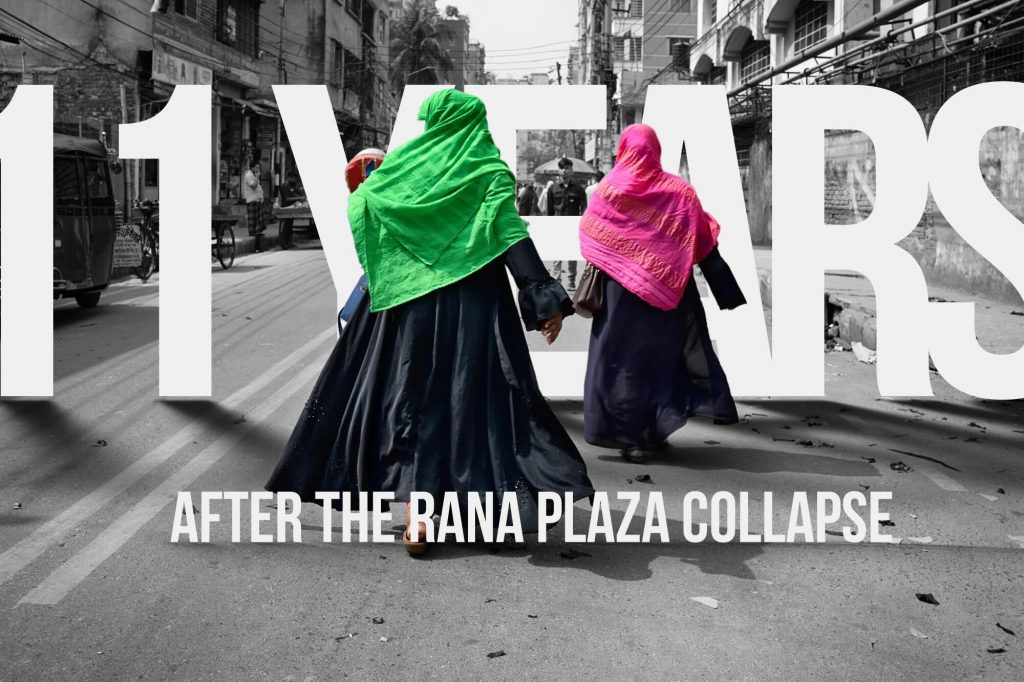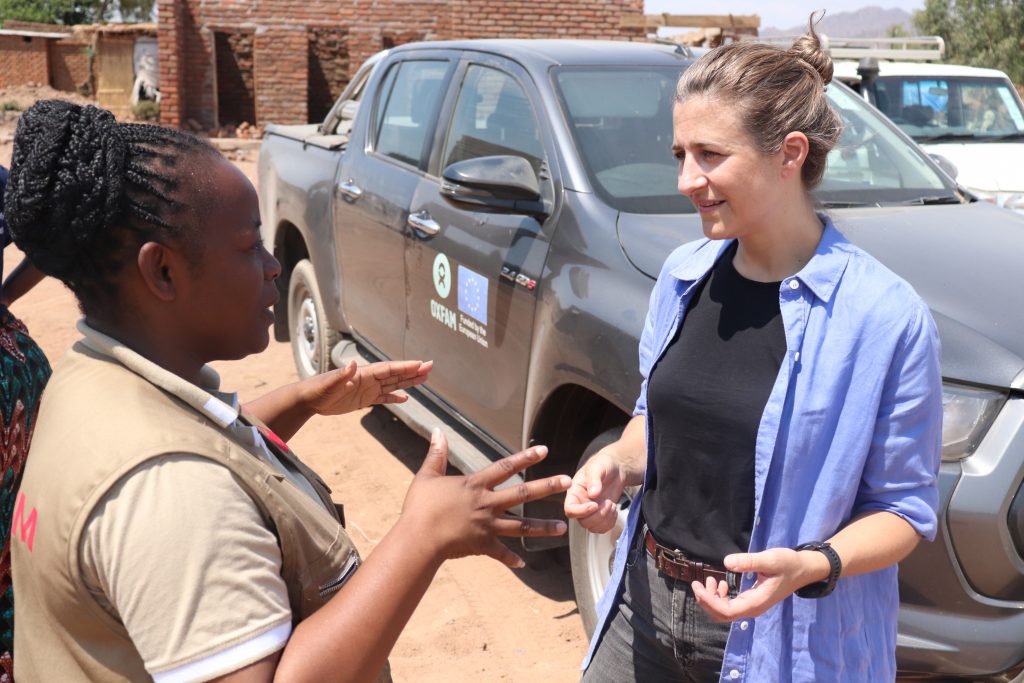Syrian refugees in Jordan: ‘A bomb flattened our brand new home’
“To reach the Jordanian border, we walked for more than an hour at night. I was holding my 2-months old son tightly, my heart pounding with fear. When I got to the crossing, I couldn’t find my husband and four daughters. Then gunfire erupted behind me. I thought I lost them. Those were the most terrifying minutes of my life.”
Ghossoun, 38, a school teacher, remembers her family’s escape from Syria, sitting on a mattress in Jordan, where they took refuge a year and a half ago. Five of her children, aged 12 to 2, huddle around her. Ritaj, her four-month-old daughter, was born in Amman.
Her husband Samer, 39, an agronomy specialist, recalls how the security situation deteriorated in Daraa, in South-West Syria. “At first, shelling happened mainly in the morning. Then suddenly, without a warning, it would start any time of day or night.”
The couple had saved for 10 years to build their dream home in their village. They lived in it for 4 months before a bomb flattened it. “I still have a 500,000 Syrian Pounds (USD$3,300) debt on the house,” sighs Samer, his thick moustache quivering. They moved in with his parents.
“At first, I hoped that we would go back. I would call my sister every day to ask her to water my garden. It was planted with kale, corn, and green beans, which we had not had the chance to taste,” recalls Ghossoun, while stirring the strong Arabic coffee on her second-hand stove.
Jordanian labor laws make it nearly impossible for Syrian refugees to get work permits
One day in early 2013, the shelling became unbearable. “We fled under a heavy downpour of rain,” says Samer, caressing his daughter’s tresses. The 5-year-old girl, in a bright checkered shirt, listens silently, her big brown eyes reflecting painful memories.
As they moved from village to village to reach Jordan, without attracting the soldiers’ attention, they dropped their belongings along the way. The family reached Amman with their identification cards, some children’s clothes and the baby seat.
They have rented a run-down two room flat for 150 Jordanian Dinars a month ($210), and survive on day jobs that Samer is able to find from time to time, in addition to receiving humanitarian aid. Jordanian labor laws make it nearly impossible for Syrian refugees to get work permits. As a result, Syrians face major difficulties finding reliable income, which means that many have depleted family savings and are relying on aid.
Ghossoun’s brother made a tough call. He paid a smuggler 3,000 JOD (more than $4,000) to make a harrowing trip to Sweden. First he flew to Algiers then went to Libya. From there he crossed the Mediterranean on a small boat to Italy, and arrived in Sweden.
“Even if we wanted to, we couldn’t take that dangerous journey. Where would get the money from?” says the woman, cradling Ritaj. “We live day by day,” concludes her husband.

